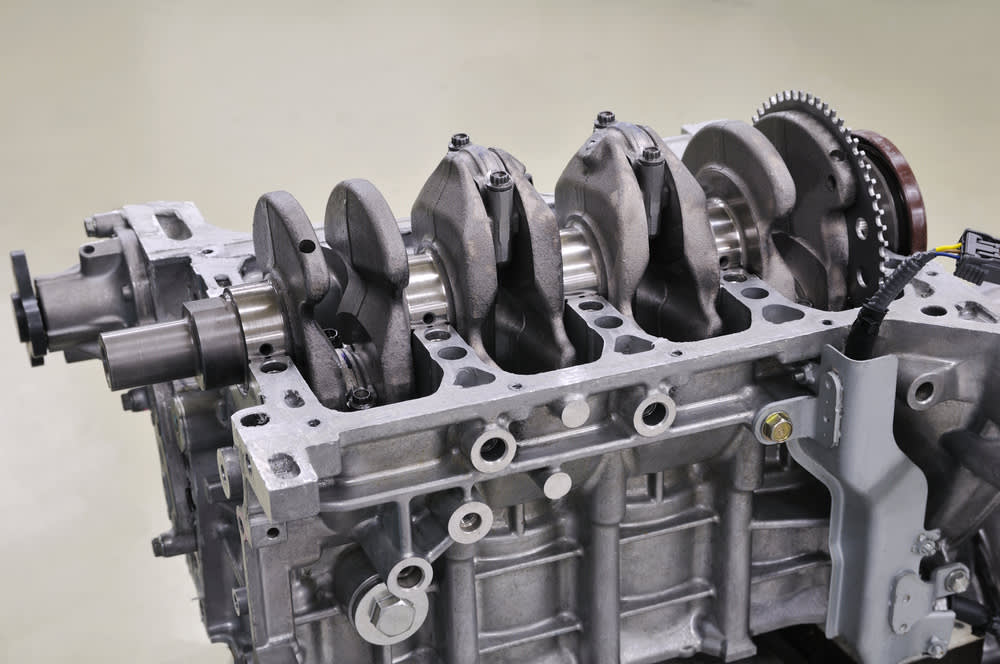

The Positive Crankcase Ventilation, also known as a PCV valve, helps relieve some of the excess pressure produced in your vehicle's crankcase. Using a filtered air flow, the PCV system draws fumes and vapors from the crankcase and reroutes them via the intake manifold, burning them within the engine's combustion chambers.
A side effect of this is the production of a vacuum, which in turn helps reduce oil leaks, thus cutting down on engine oil loss and letting the oil do a better job of lubricating and protecting your vehicle's engine. To find the PCV filter, look for the intake manifold. The PCV valve connects the crankcase and the intake manifold. Check your vehicle's owner's manual for the exact location of the PCV valve in your make and model of vehicle.
When should you change out the PCV filter on your vehicle?
Most manufacturers recommend that vehicle owners replace the PCV filter at least every 60,000 miles. While not a hard-and-fast rule, having a mechanic check the performance of the PVC system every two years can help ensure that it is working properly.
A mechanic can check the performance of the PVC system by noting the change in idle speed of your vehicle by restricting the flow of oxygen to the PVC valve. Talk to a mechanic to determine the best PVC filter when looking for a replacement for your vehicle.
Symptoms of a faulty PVC filter
A PVC filter helps keep your engine running properly by helping to move sludge-building fumes and vapors from the crankcase to the engine combustion chambers for easy disposal. The following symptoms let you know when you need to replace the PVC filter in your vehicle:
The breather element has become contaminated. The breather element helps filter the air drawn into your vehicle's crankcase by the PCV system. Made of paper or foam, the breather element sits within the air filter housing.
Increased oil consumption represents another sign that the PCV valve might have gone bad. A decrease in engine performance, such as engine stalling, is also an indicator of a faulty PVC valve.



